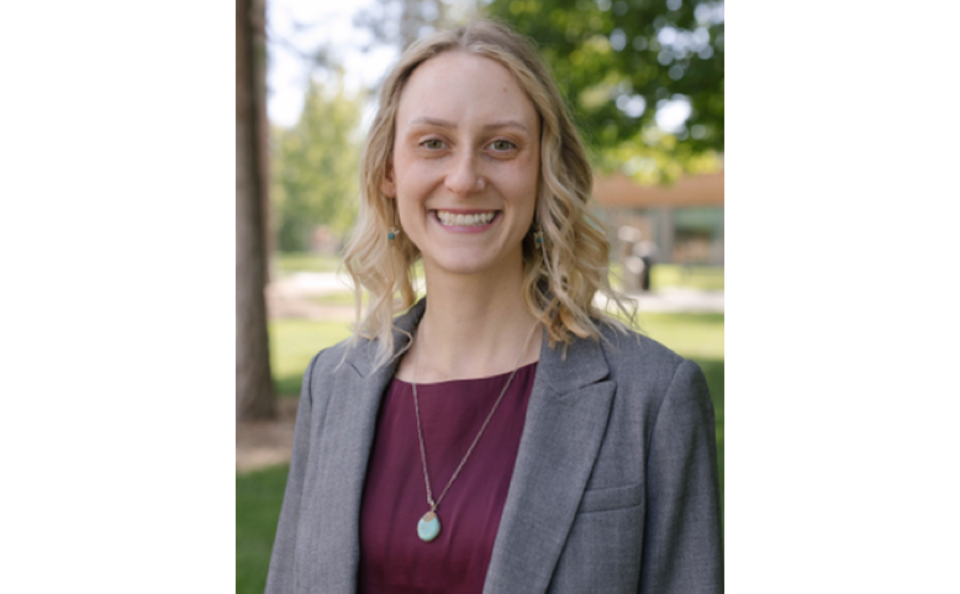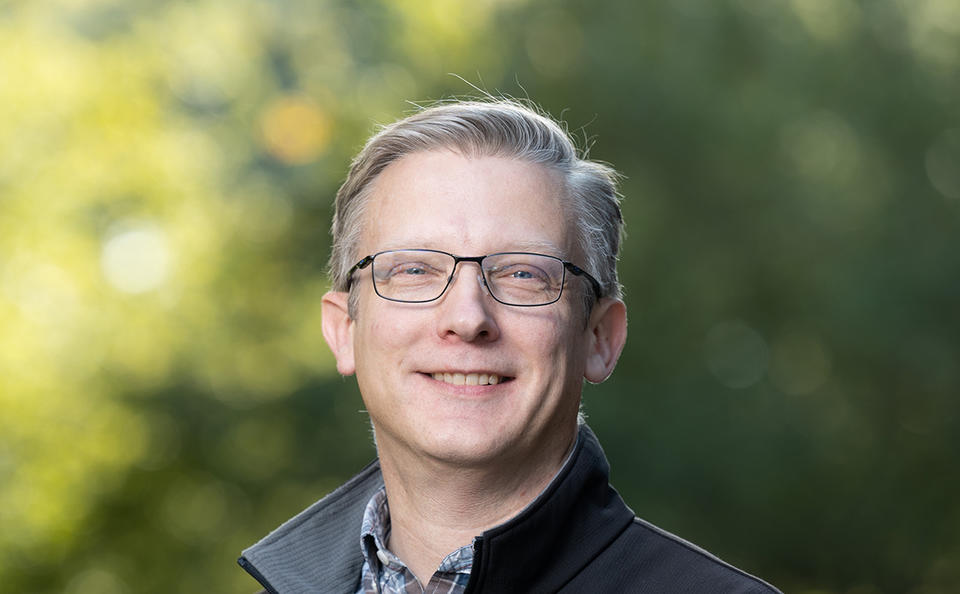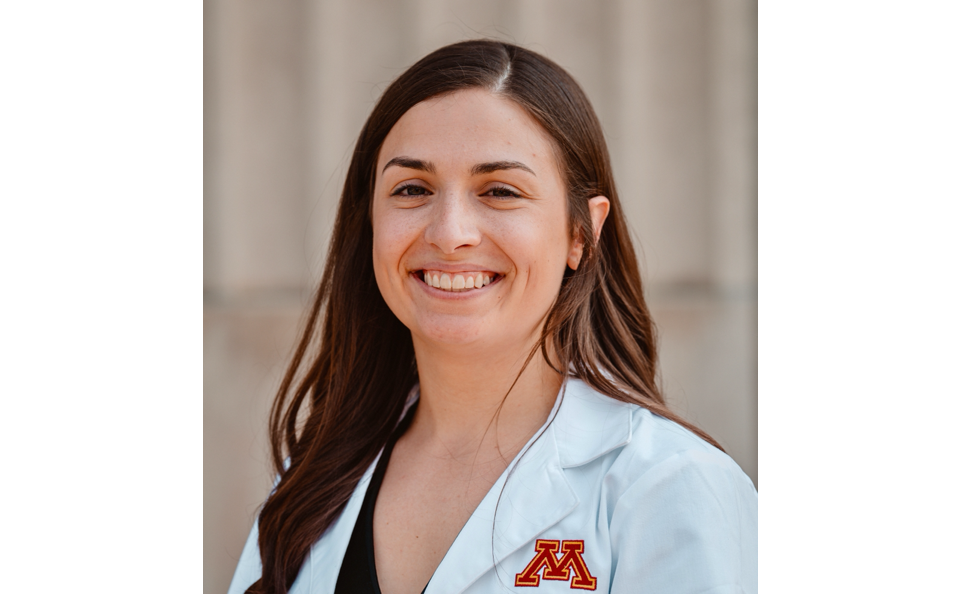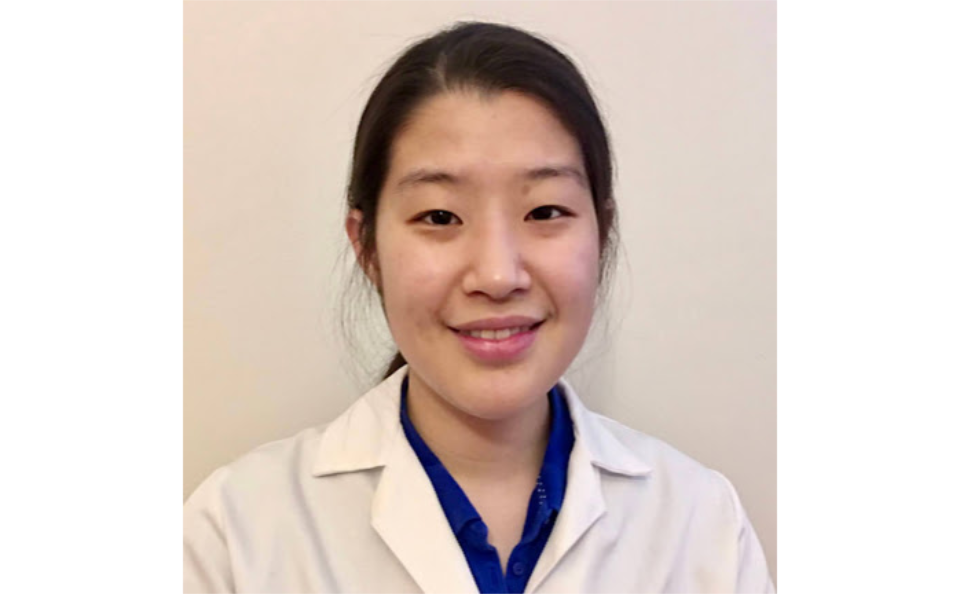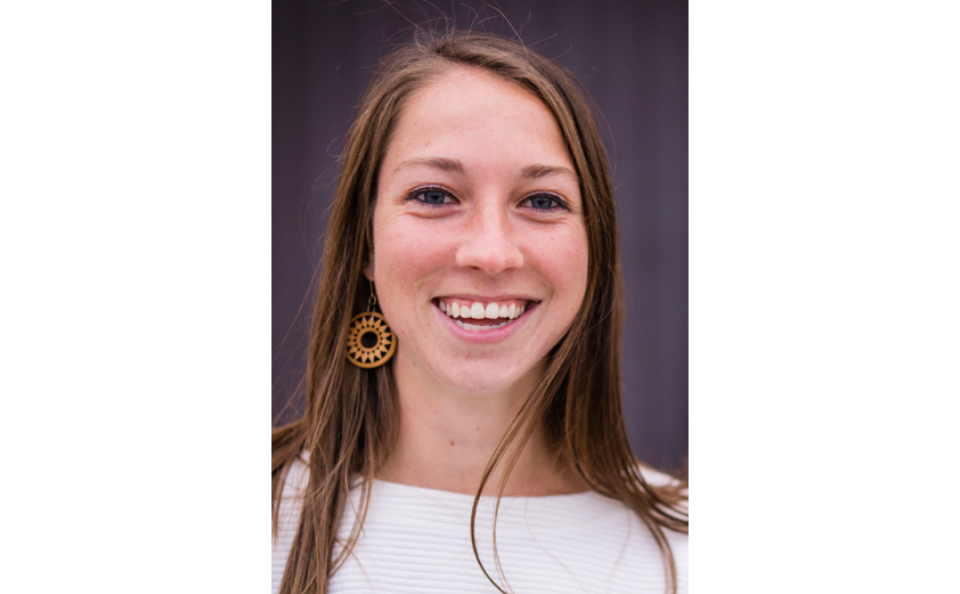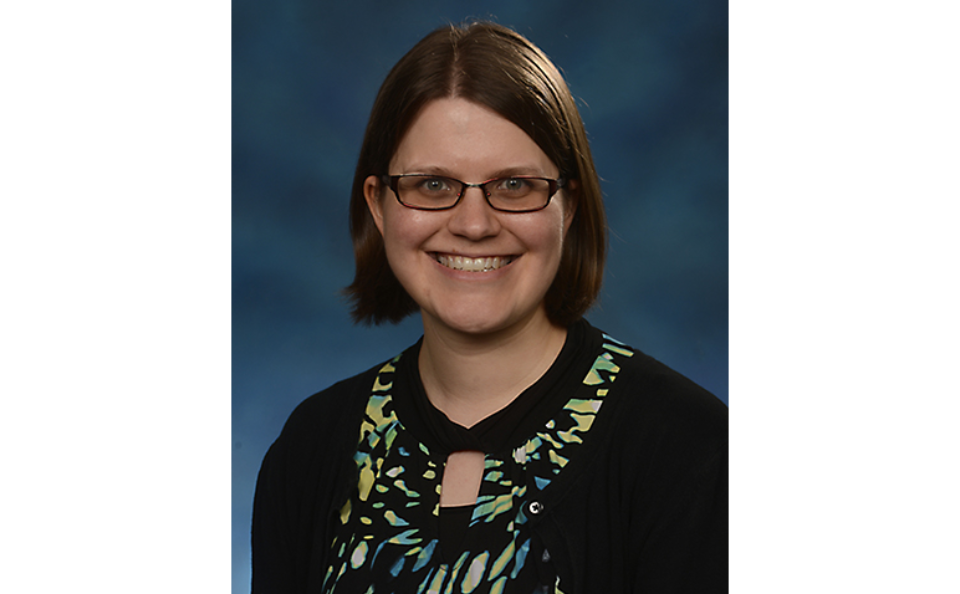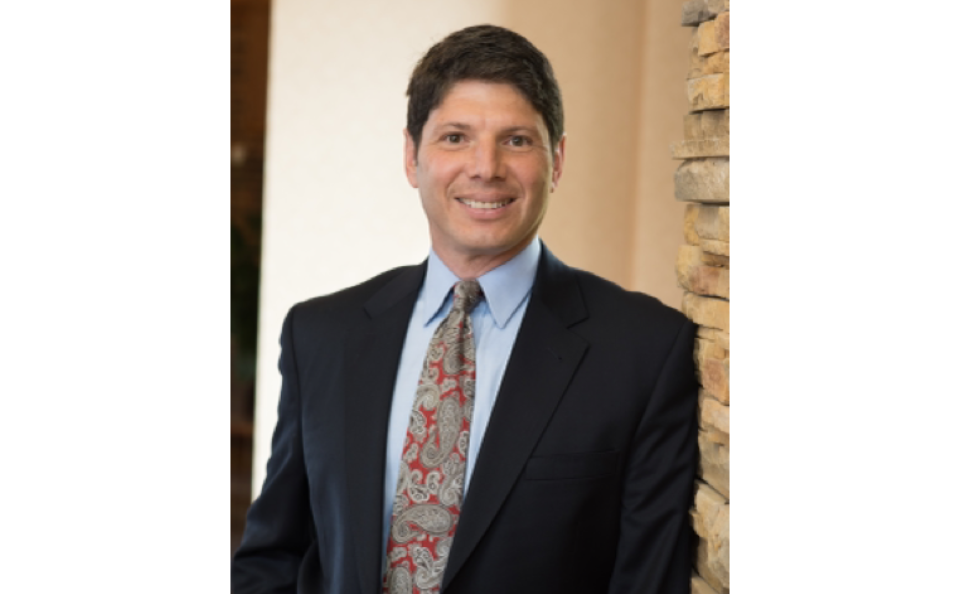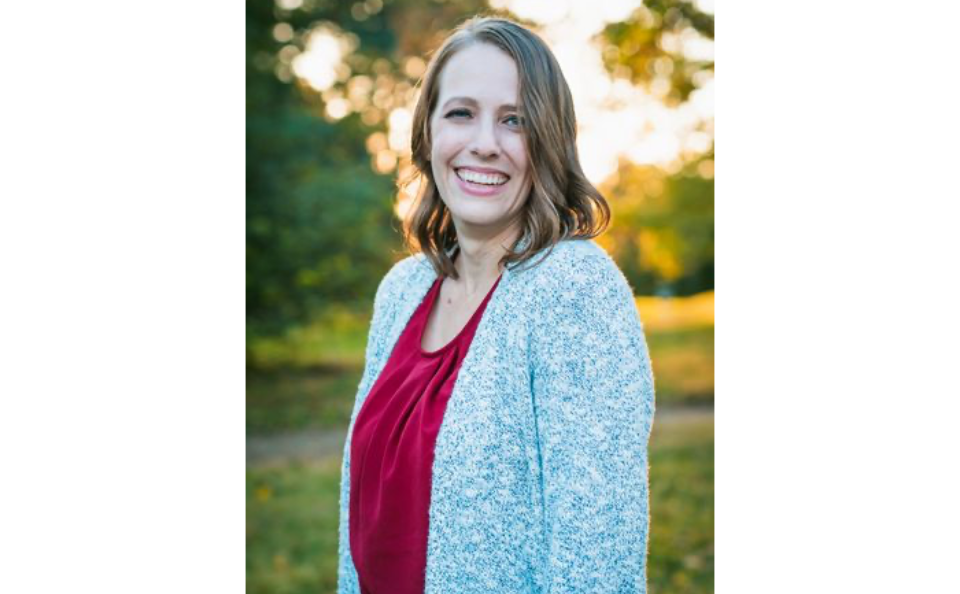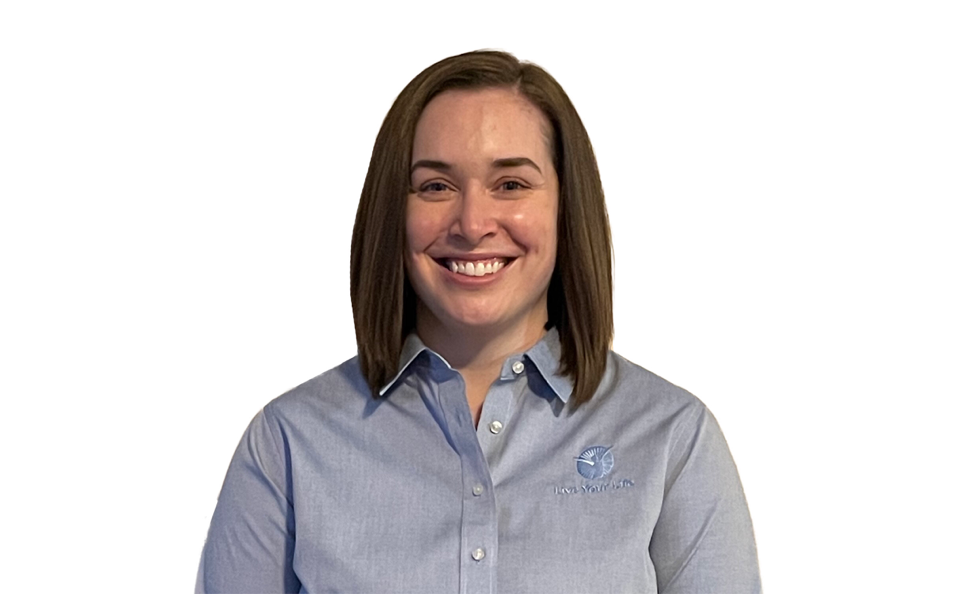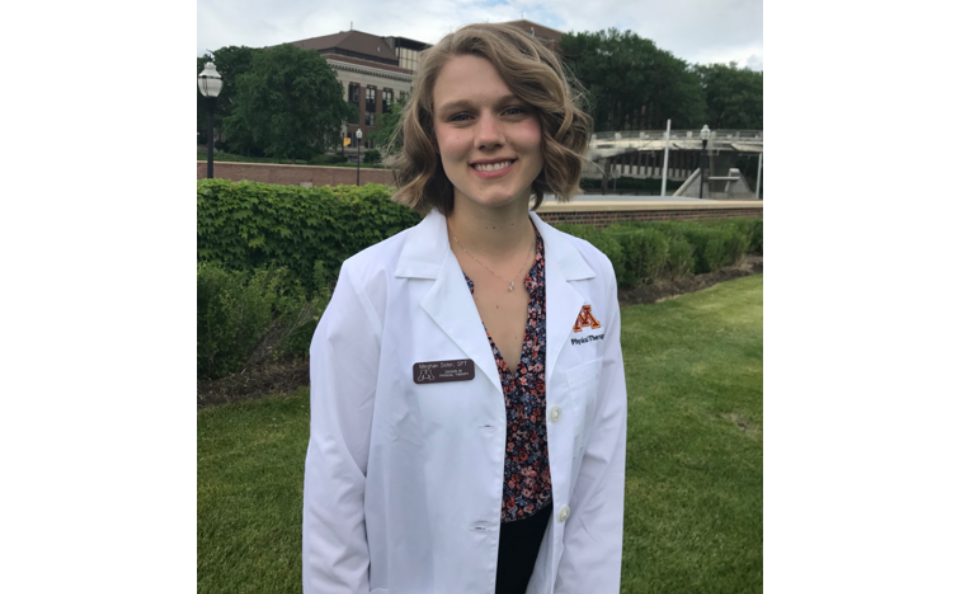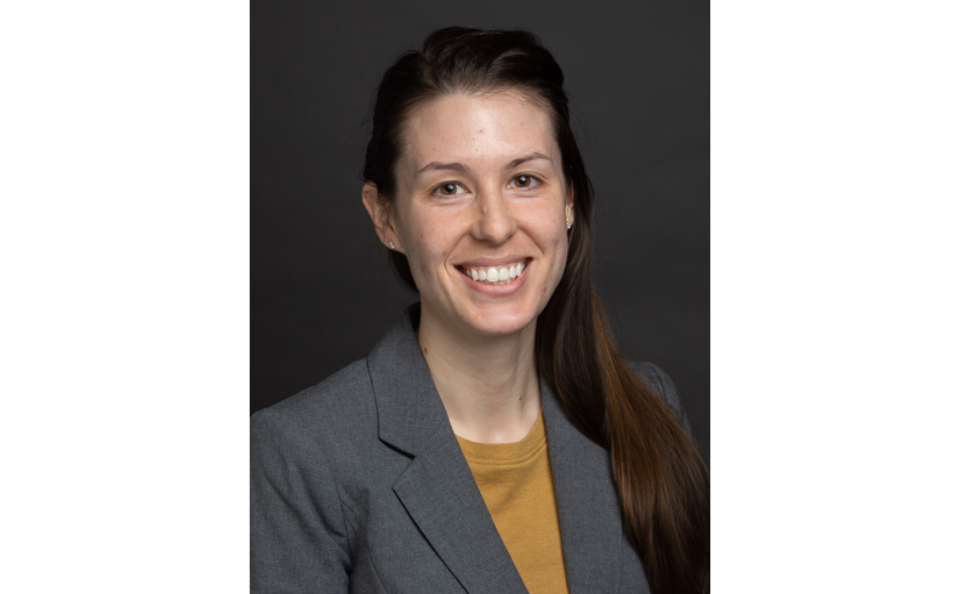Geriatric Residency
The University of Minnesota Geriatric Residency prepares residency graduates to sit for, and pass, the American Board of Physical Therapy Specialties (ABPTS) Geriatric Certified Specialist exam.
- About the Program
- Mission Statement & Goals
- Program Outcomes
- Clinical Partners
- How to Apply
- Courses & Cost
The University of Minnesota Geriatric Residency has been in existence since 2010. We contract with two sites for the clinical practice aspect of the residency. The didactic curriculum is provided through the University of Minnesota by faculty and specialists/experts from the local community of therapists. It is accredited by the American Board of Physical Therapy Residency and Fellowship Education (ABPTRFE) as a post-professional residency program for physical therapists in geriatrics.
This is a full-time residency program, with residents practicing four days per week in the clinic and one day per week devoted to the didactic curriculum.
TIMELINE
The University of Minnesota's Geriatric Residency is a 12-month program, currently September 1 through August 31 of each year. The initial application cycle ends January 31st of each year. Interviews are scheduled in February and admission decisions are made by the middle of March. Our rolling application deadline allows people to apply after the January deadline if there are still placement slots available. The academic portion of the residency schedule follows the University of Minnesota academic calendar.
DIDACTIC CURRICULUM
There are currently 45 didactic modules in the year-long residency curriculum. As prescribed by ABPTRFE, there are a minimum of 300 educational hours in the program. The topics are derived from the Description of Specialty Practice for Geriatric Physical Therapy, published by the Specialty Council on Geriatric Physical Therapy (part of the American Board of Physical Therapy Specialties). This is the same document that is the basis for the geriatric board-certified specialty exam (GCS).
The didactic modules are either taught by residency clinical faculty (~80%) or are designed as self-directed home study modules (~20%).
Some modules, primarily those that are not live lecture based, will have written assignments attached to them. This may involve journal club, the research component of the program, or reflective papers associated with a home study topic. Each semester also includes a live patient evaluation with the resident’s mentor and a written exam. Residents must successfully pass all components of the didactic curriculum in order to graduate from the residency program.
1:1 CLINICAL MENTORING
As prescribed by ABPTRFE, residents receive 4 hours of 1:1 mentoring with a geriatric clinical specialist each week for a minimum of 150 hours. During this time, the mentor observes the resident during patient care (both evaluations and treatment sessions) and provides individualized feedback to the resident, both during and outside of direct patient care. Mentoring in a clinical residency requires an in-depth reflective process and active direction by the resident.
UNIVERSITY OF MINNESOTA STUDENT STATUS
Residents will be non-degree seeking graduate students at the University of Minnesota. The program requires registering for one 2-credit course each semester. Residents are guaranteed in-state tuition rates. As an enrolled student, residents are eligible for traditional University of Minnesota benefits which include full University library services.
SALARY & BENEFITS
As an employee of the contracted clinical site, residents will earn a salary (commensurate with experience) payable at the employment percentage of .8 FTE. As employees, residents earn benefits including malpractice insurance, health insurance, vacation, and holidays consistent with the specific clinical site's benefits package.
Upon successful completion of each semester, residents earn CEU credits for all of the didactic content from that semester. This totals more than 300 CEU credits which apply towards annual license renewal. Residents are eligible for student rate APTA membership. Other unique residency benefits include paid registration to the following conferences:
- MN Chapter APTA Annual Conference
- APTA Combined Sections Meeting
- APTA Early Bird Rate for registration
- Travel assistance to CSM up to $500
CLINICAL RESIDENCY DEFINED
According to the APTA, a clinical residency is "a planned program of post-professional clinical and didactic education for physical therapists that is designed to significantly advance the physical therapist resident's preparation as a provider of patient care services in a defined area of clinical practice. It combines opportunities for ongoing clinical supervision and mentoring with a theoretical basis for advanced practice and scientific inquiry.
A clinical residency program is designed to substantially advance a resident's expertise in examination, evaluation, diagnosis, prognosis, intervention, and management of patients in a defined area of clinical practice (specialty). This focus may also include community service, patient education, research, and supervision of other health care providers (professional and technical). Often, the residency experience prepares an individual to become a board-certified clinical specialist."
The two hallmark components of a clinical residency include comprehensive didactic education and 1:1 clinical mentoring in the defined specialty area of clinical practice.
Geriatric Residency Mission Statement
Deliver a rigorous and high quality post professional educational program to advance the resident’s knowledge, skills, clinical reasoning, leadership, and professionalism toward the level of expert clinician, to best serve the needs of older adults in Minnesota and beyond.
Geriatric Residency Goals
- The Geriatric Residency supports and promotes the mission of the University of Minnesota
- The Geriatric Residency provides a curriculum that addresses all areas of the current Geriatric Description of Specialty Practice (DSP) & Geriatric Description of Residency Practice (DRP)
- The Geriatric Residency provides residents with high quality consistent experiences at all clinical sites
- Geriatric Residency graduates contribute to the physical therapy profession
- The Geriatric Residency continually maintains accreditation through the American Board of Physical Therapy Residency and Fellowship Education (ABPTRFE)
- The Geriatric Residency is sustainable over time.
Geriatric Residency Program Objectives
- Provide high-quality patient care and patient management, demonstrating advanced skills in clinical reasoning and evidence-based practice
- Demonstrate advanced skills in communication with patients, families, caregivers, and interdisciplinary healthcare team
- Demonstrate advanced skills in advocacy for older adults
- Demonstrate advanced skills in research methodology, implementation and dissemination
- Demonstrate value-added service provided to the contracted clinical site
- Be prepared to sit for and successfully pass the ABPTS Geriatric Clinical Specialist Exam.
New Residency Program Objectives were developed in 2019 according to revised ABPTRFE accreditation standards. Our Geriatric Residency Graduates have met or surpassed all of the above Program Outcomes in the residency years ending in 2019, 2020, 2021, and 2022. Data from 2023 is pending.
The retention rate of residents and completion rate of our Geriatric Residency is 100% since the inception in 2010. The pass rate of the Geriatric Specialist Exam is 100%.
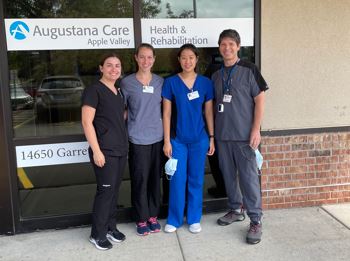
Our Clinical Partners include Centrex Rehab (at Apple Valley Village Health Care Center in Apple Valley) and Ascend Rehab (at St. Therese New Hope and St. Therese Woodbury). Residents are employed by their respective clinical sites, receiving a salary and benefits at the level of 0.8 FTE, commensurate with experience. Our clinical partners and their staffing needs determine the capacity of the residency. This is guaranteed to be one resident with each company (2) but has previously been as many as four total.
Applications submitted by January 31st of each year will guarantee first priority for participation in the interview and selection process. The rolling application deadline allows later applicants an opportunity if a clinical position is still available up until July 31st.
Interested candidates, in addition to completing the centralized application form for clinical residencies (RF-PTCAS), are encouraged to contact the residency director via email.
Requirements for applicants are outlined in the Application & Selection Process document. This document also describes the timeline for processing applications, scheduling interviews, and selection of residents.
The residency program is structured to include one 2-credit course each semester.
- Fall Semester: PT 7010 Topics in Geriatric Rehabilitation I
- Spring Semester: PT 7011 Topics in Geriatric Rehabilitation II
- Summer Semester: PT 7012 Topics in Geriatric Rehabilitation III
As noted previously, residents are guaranteed in-state tuition rates.
Contact
Sharon L. Kimble, DPT
Geriatric Residency Director
Children's Rehabilitation Center
Room 311B
426 Church Street S.E.
Minneapolis, MN 55455
Email: kimb0048@umn.edu
Mailing Address
Division of Physical Therapy
MMC 388
420 Delaware Street SE
University of Minnesota
Minneapolis, MN 55455
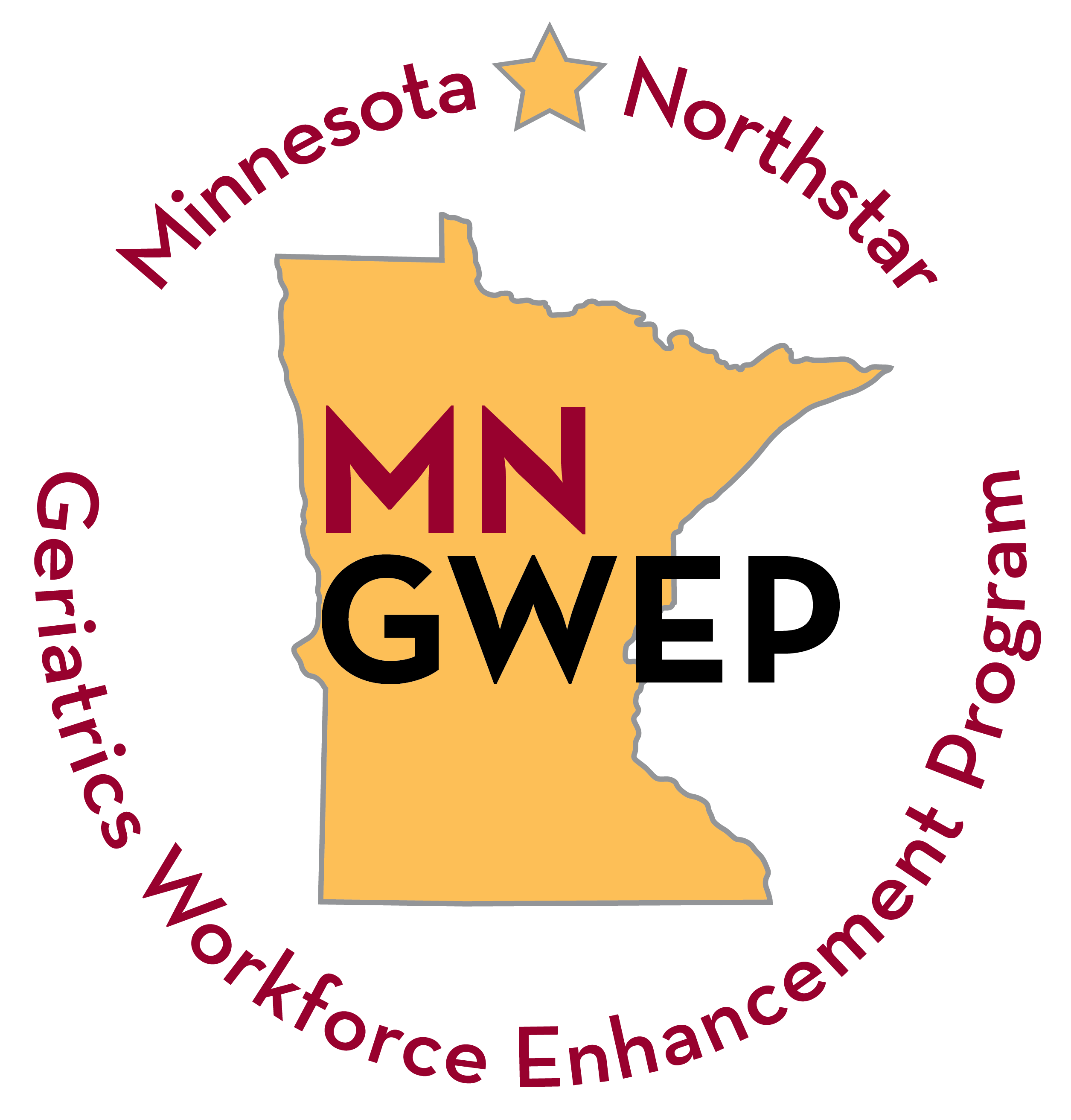
Minnesota Northstar Geriatrics Workforce Enhancement Program (GWEP) is a critical component of the University’s mission to improve the health and healthcare of older adults across Minnesota. The Minnesota Northstar GWEP is supported by the Health Resources and Services Administration (HRSA) of the U.S. Department of Health and Human Services (HHS) designed to enhance the workforce caring for older adults. Dr. Becky Olson-Kellogg, Geriatric Residency Director, serves on the Interprofessional Geriatric Coordinating Council for Minnesota Northstar GWEP.
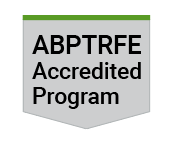
The University of Minnesota’s Geriatric Residency is accredited by the American Physical Therapy Association as a post-professional residency program for physical therapists in geriatrics.
